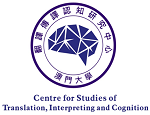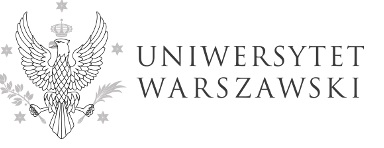This chapter explores the interface between translation studies and ergonomics, especially those factors that can affect cognitive processing. Professional translators perform a challenging multi-activity task involving receptive and productive language proficiency, advanced information literacy skills, and a high degree of instrumental competence. They do so under tight temporal constraints in an increasingly technologized environment; many work in offices that may not be designed for intensive text work and within organizational systems that do not suit their cognitive and informational needs. Drawing on quantitative and qualitative translation process data from a large corpus comprising screen recordings, keystroke logs, eye-tracking records, retrospective verbalizations, questionnaire surveys, and interviews, the chapter illustrates how ergonomic issues at translators’ workplaces can have an impact on the efficiency of the process and the quality of the product, and how they could affect professional identity. It closes with a discussion of how findings from such research can contribute to the language service industry and the professional development of translators.










































